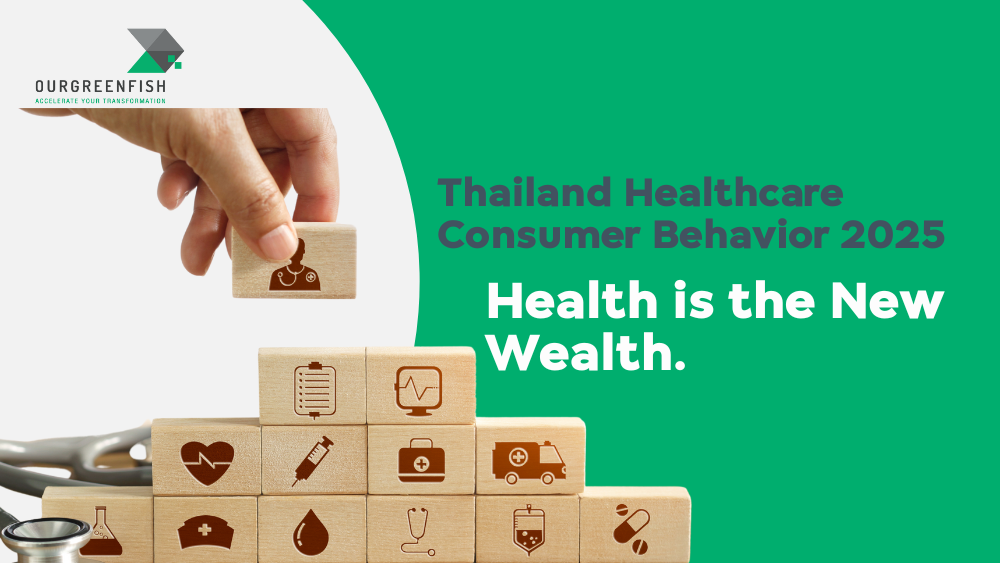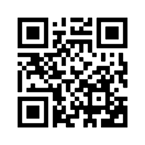In 2025, the phrase “Health is the new wealth” takes on new meaning in Thailand. As healthcare evolves from being a reactive necessity to a proactive lifestyle investment, Thai consumers especially Gen Z and Millennials are reshaping the healthcare economy. The current behavior isn’t just about treating illness but optimizing health for daily performance, self-image, and long-term confidence.
This article unpacks the latest healthcare consumer behavior trends in Thailand, based on recent insights from The1 x Research, enriched with industry forecasts and regional consumer intelligence. Businesses in healthcare, wellness, and health-tech must rethink their engagement strategies to align with this wellness revolution.
Healthcare Consumer Behavior : Shift in Health and Wellness Spending Behavior
From Healthcare to Self-Care
Today’s Thai consumers no longer view health expenses as emergency outlays. They’re deliberate investments tied to quality of life, self-perception, and daily performance. According to The1 Insight 2025, 48% of Thai respondents prioritize health investments as their top financial decision more than education or property.
Thai Millennials and Gen Z are leading this shift, especially in urban hubs like Bangkok, Chiang Mai, and Khon Kaen. The focus is on:
- Preventive care over curative care
- Wellness routines that enhance physical energy, emotional resilience, and skin confidence
- Mental health inclusion as a vital part of overall health
This cohort sees health as a “public identity marker.” Whether it’s clean eating, supplements, wearable devices, or skincare routines health-related decisions are shared online as lifestyle expressions.
High-Growth Segments in Products & Services
Nutritional Products and Functional Foods
The consumer shift has led to a 44% increase in spending on healthy foods and dietary supplements. This includes
- Probiotics, collagen powders, and immunity-boosting vitamins
- Plant-based and keto-aligned snacks for the fitness-savvy
- Superfoods such as chia seeds, spirulina, and Thai herbal tonics (e.g., turmeric drinks, black ginger extract)
Functional beverages, particularly those marketed with beauty or digestive health claims, are especially popular among women aged 25–45.
Fitness & At-Home Equipment
In the post-COVID era, fitness habits have migrated to homes and hybrid routines. Treadmills, resistance bands, and yoga gear are now part of home interiors. Spending on fitness gear and home gym equipment has grown 3x year-on-year, and this trend is expected to sustain due to convenience and cost savings.
Meanwhile, subscription-based fitness apps and YouTube trainers enjoy strong growth in both Thai and expat segments.
Wearables and Smart Health Devices
From Apple Watch to Xiaomi Mi Band, health tech wearables are no longer niche. Particularly among Gen Z, wearable devices that track sleep, heart rate, hydration, and stress levels are seen as essential lifestyle tools. These devices are not just passive trackers but active motivators—nudging users to meet their goals.
The Beauty-Health Convergence
Medical Aesthetics as a Wellness Priority
Beauty clinics, once viewed as luxury stops, are now integrated into regular self-care routines. In 2025
- Spending on wellness clinics and medical aesthetics has surged 70%
- Facial lasers, Botox, and IV drips (vitamin therapy) are in high demand, especially among 30–50-year-old professionals
This expansion is driven by growing awareness of "aesthetic wellness", where looking good is strongly linked with feeling confident and staying competitive in professional and social settings.
Popular Services Include
- Non-invasive facial tightening (HIFU, Ultherapy)
- Skin booster injections for hydration and glow
- IV vitamin therapy for energy and immunity
Health is no longer binary; it's a spectrum that includes aesthetics, sleep, diet, emotional stability, and physical functionality.
Healthcare Consumer Behavior : Strategic Opportunities for Brands and Providers

- Personalization Through CDP Integration
Brands need to harness tools like Customer Data Platforms (CDPs) to unify customer behavior across channels and personalize outreach. Firms like Ourgreenfish, a certified Segment and Treasure Data partner in Thailand, are helping healthcare providers consolidate fragmented health data into a single user journey.
This enables
- Personalized content on sleep vs. energy goals
- Segmented offers based on age, gender, and device usage
- Real-time engagement for appointment reminders, wellness tracking, and upselling related services
- Campaigns that Speak to Identity
Young consumers don’t want generic health tips, they want relatable content. Marketing campaigns should focus on themes like
- “Health is confidence”
- “Self-care is not selfish”
- “Preventive power: Today’s choices, tomorrow’s glow”
Influencer partnerships, user-generated testimonials, and interactive wellness checklists (delivered via LINE CRM or email) can boost both acquisition and retention.
- Digital-First Wellness Journeys
From AI chatbots for nutrition advice to e-commerce stores for supplements, health engagement must be digital-first and mobile-native. Thailand’s healthcare sector must embrace
- AI-based diagnosis and risk prediction tools
- Online bookings with automated workflows
- Subscription models for health products
This is not just about digitization, but digital orchestration of health behavior.
- The Role of HubSpot and MarTech in Healthcare
the HubSpot Customer Platform and MarTech tools like workflow automation and AI-driven insights are no longer “nice to have”—they're strategic imperatives.
In healthcare, they help
- Improve patient experience through unified data
- Segment consumers based on health goals or past clinic visits
- Optimize communication (e.g., reminding a 40-year-old woman about her next bone density scan or sending a skincare promo to acne-prone GenZ)
In one case, businesses using HubSpot automation reported a 70% higher email click-through rate, proving that relevant engagement drives results
Healthcare Consumer Behavior : Building the Future of Thai Wellness
2025 is the year Thailand’s healthcare market shifts from being reactive to preemptive—and personal. Consumers no longer wait for illness to act. They invest early, spend mindfully, and expect more from health brands. With a behavioral lens on healthcare consumer behavior and a MarTech-driven execution plan, providers can capture loyalty in a highly competitive, wellness-centric future.
References
- The1 Insight x Research. (2025). The Great Lifestyle Shift: 4 Modern Life Milestones. Retrieved from: https://www.the1.co.th/research
- Deloitte. (2024). HealthTech Trends Southeast Asia 2024. Retrieved from: https://www2.deloitte.com/sea/en/pages/life-sciences-and-health-care
- Thai FDA. (2024). Dietary Supplement Market Report. Retrieved from: https://www.fda.moph.go.th/sites/nutrition/SitePages
- Bangkok Post. (2025). Wellness is Booming: Thailand’s Health Market Grows 2025. Retrieved from: https://www.bangkokpost.com/business/healthcare-trends-2025
- HubSpot. (2024). 5 Customer Feedback Management Best Practices. Retrieved from: https://blog.hubspot.com/service/feedback-management
Read more articles :
Contact us
Tel : +66 2-0268918
E-mail : contact@ourgreen.co.th
Website : ourgreenfish.com

.webp?width=158&height=85&name=New-logo-Ourgreen%20(1).webp)










.png?width=300&name=Enrichment%20Data%20(1).png)
.png?width=300&name=Knowledge-Based%20Content%20%20(1).png)





No Comments